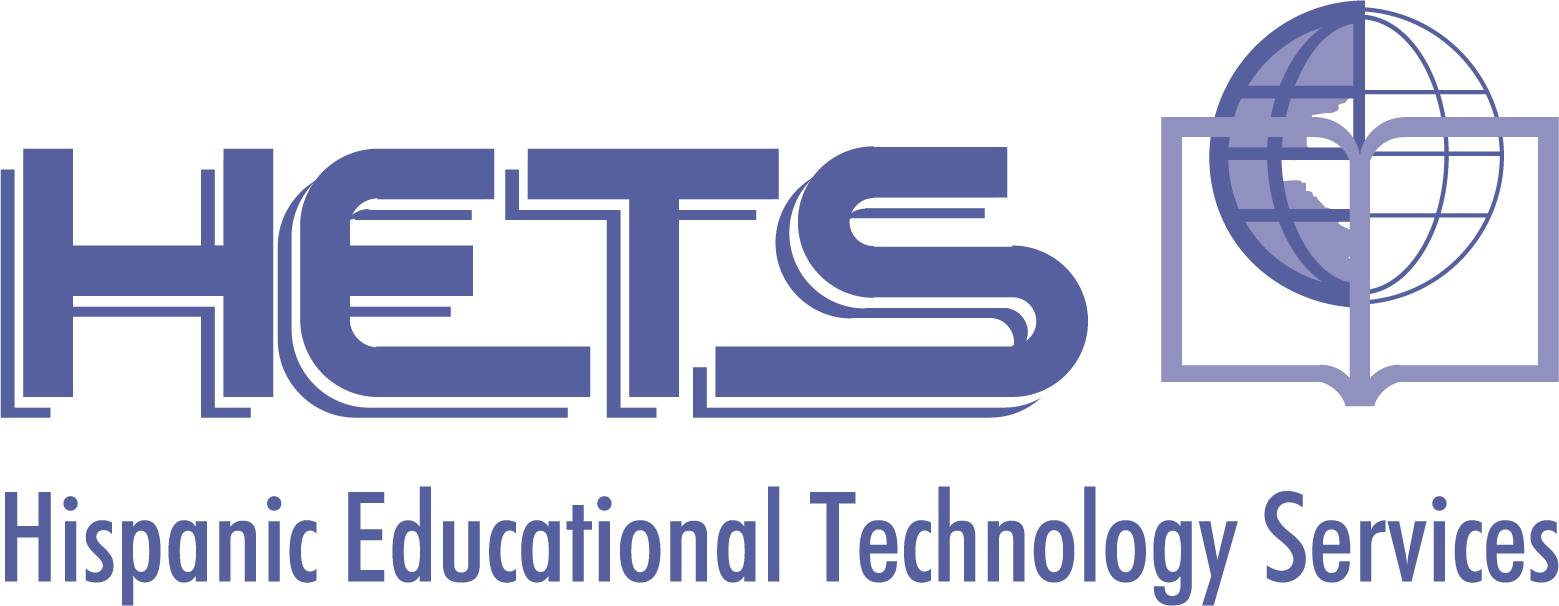Every Learner Everywhere is thrilled to have a new partner to help it expand its reach and impact — the Hispanic Educational Technology Services (HETS). With a shared commitment to equity and innovation in digital learning, HETS brings valuable expertise and resources on Hispanic culture and digital learning that will enrich our work with colleges and universities to address achievement gaps.
Established in 1993, HETS is the first bilingual technology-oriented consortium of higher education institutions, and comprises over 40 higher colleges and universities across Puerto Rico, Latin America, and the United States.
The mission of HETS is to promote, support, and increase the capabilities of institutions to enhance Hispanic/Latino student access, retention, and success in higher education through the strategic integration of technology. Many of their programs facilitate the effective use of technology in teaching and learning, and promote knowledge exchange and collaboration.
“Our main goal is to serve and support our member institutions to help their students achieve their academic goals,” says Dr. Yubelkys Montalvo, Executive Director of HETS.
As a pioneer organization in the use of technology in higher education, HETS has provided digital learning resources and tools for Hispanic educators and students for over 30 years. In partnership with Every Learner, HETS is excited to continue making strides toward equity in higher education.
Unique perspective
Ninety-five percent of the HETS membership are Hispanic-serving institutions, with the remaining members being emerging Hispanic-serving institutions. With member institutions in the U.S., Puerto Rico, Colombia, Mexico, and Ecuador, HETS continues to grow its reach internationally.
Related reading — Defining 6 Kinds of Minority-Serving Institutions
Many of the services offered by HETS aim to close the gap in key areas for Hispanic students, Montalvo says. Resources targeted toward faculty and educators address larger issues like distance learning course design to enhance accessibility and inclusion.
HETS services include webinars, workshops, conferences, a peer-review journal and the Virtual Plaza, its virtual center for academic and support resources for faculty, administrators, and students.
For example, The Student Placita, at the Virtual Plaza designed for Hispanic in higher education, resulted from a grant from the U.S. Department of Education and acts as a resource hub for Hispanic students, including services such as scholarships, internships and job search tools, English as a second language courses, and entrepreneurship resources.
A related service, the Faculty & Administrators Placita, provides educators with publications, upcoming events, and professional development opportunities, among other initiatives.
As a pioneer of digital learning, HETS began looking into online modalities as an alternative for the traditional classroom experience in the 1990s. After Covid, Montalvo says, distance learning isn’t just an option anymore. It’s a priority for many institutions.
“One result of Covid was that distance learning became more visible,” she says. “The crisis validated distance learning, if done properly, as an efficient way for students to learn.”
That shift has also impacted how HETS operates. For example, they’ve restructured some events toward a hybrid modality to include a broader international student audience.
“For us, the bottom line, our main objective, is the students and how to support them,” Montalvo says.
Integration into the Every Learner Everywhere network
Of the invitation to join Every Learner, Montalvo says, “When we found out what they were about, we jumped at it. It was an opportunity to expand and collaborate with its Hispanic-serving institutions’ partners and other institutions in their network. It’s an honor to be invited to be a part of it.”
She also noted the similar missions between the two organizations with similar focus on closing equity gaps for minoritized and poverty-affected students: “We see this as an opportunity to expand our reach and impact.”
The Every Learner network will benefit from the resources and community of experts that HETS has developed over the last 30 years. It will also benefit from the unique perspective the organization has on the intersection of technology and Hispanic culture in higher education.
For example, “our next initiative is student mobility,” Montalvo says. “In this new digital era, you can be working globally, and learning from other places and cultures to help students think more out of the box, outside their environment. We see a bright future for HETS, as we are leading an organization promoting the integration of technology into higher education to enhance Hispanic/Latino student success and opportunities.”
Inquire about partnering with Every Learner Everywhere


